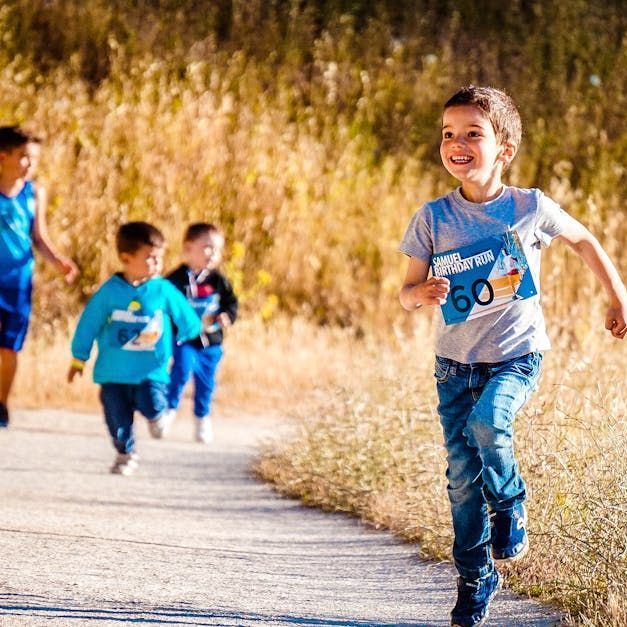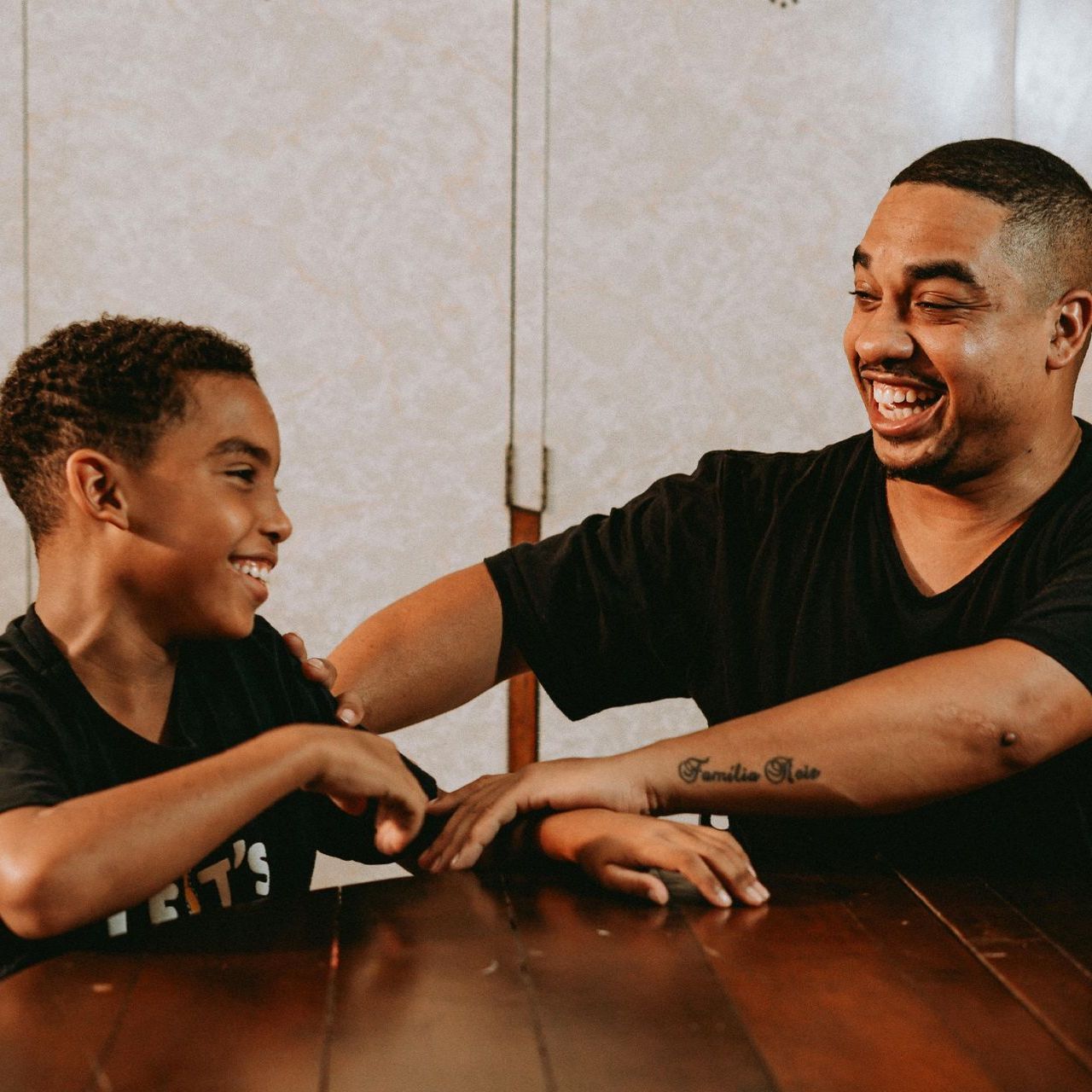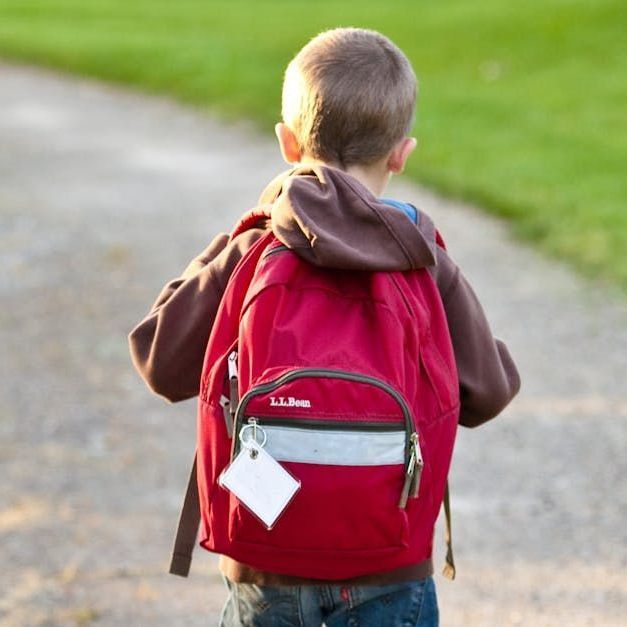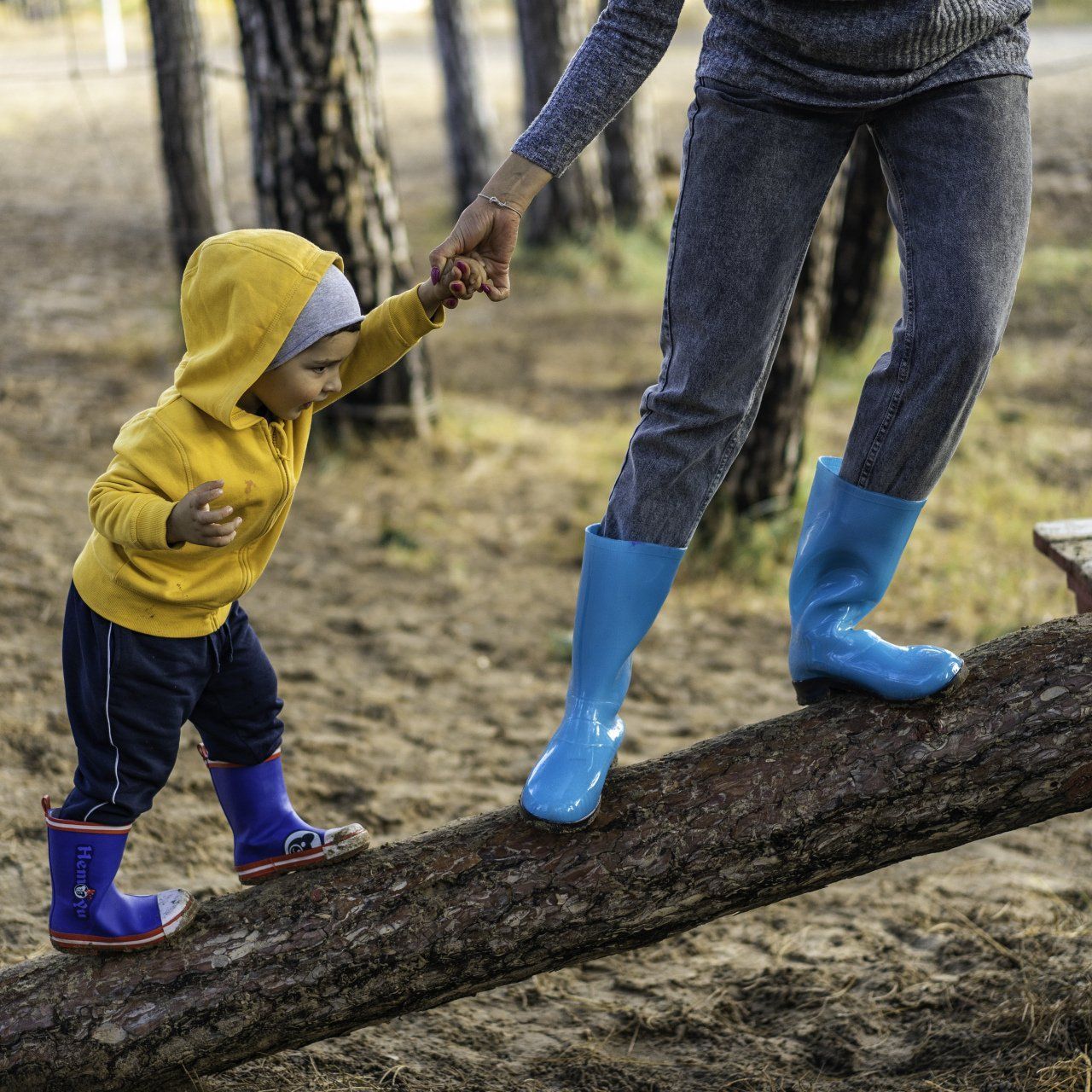What Can Parents Do To Encourage Problem-Solving In Their Kids
February 10, 2021

Conflict is one of the universal human experiences. Every single one of us experiences a limitless number of problems throughout our lives. It is a reality that we must accept and understand if we stand a chance of attaining even an inkling of happiness.
Of course, this is easier said than done. Even the most level headed of us have a hard time dealing with the problems and conflicts that so often plague our day to day existence. That is why it is so vital that we teach our kids how to problem-solve from an early age.
What Do Children Gain From Learning To Problem-Solve Earl On
By teaching our kids to confront problems early, and teaching them the best ways of solving them, we provide them with the following benefits:
● They gain the capacity to make decisions
● They learn the ability to listen and participate in dialogues
● They learn to negotiate
● They develop crucial social skills such as empathy
On the other hand, if we stand in the way of our children and conflict, we end up depriving them of crucial opportunities for growth. It is at this stage that children will learn essential tools and develop critical strategies for conflict resolution.
In much the same way that a butterfly cannot be "helped" out of its cocoon because its wings will atrophy, kids cannot be isolated from conflict. Otherwise, your kids will have a happy childhood but face extreme difficulties being well-adapted adults.
Children's Emotional Intelligence To Resolve Conflicts
Emotional intelligence is a crucial component of conflict resolution. Therefore, its development must begin at an early age in order to prevent antisocial behaviors that would sabotage potential problem-solving orientations.
To encourage our children to develop their emotional intelligence, and thus enable their ability to solve problems effectively and independently, we must identify any conflict-ridden situations that our children encounter and do our best to introduce the concept of problem-solving, as well as provide opportunities to put it into practice.
We must also be cautious not to force children into situations they are not prepared to face. All that will accomplish is to frustrate the child and delay their ability to deal with conflict.
Here are a few tips to help you navigate this process.
3 Tips To Help Your Children Learn Problem-Solving
1 - The most important tip we can give you is to lead by example. You must act in a manner that confirms what proper problem solving behavior looks like. In other words, you must serve as a guide and provide a structure for them to follow.
2 - Negotiate with your children. They must learn to negotiate in order to gain the capacity to resolve issues and problems. In the real world, things will not always go as they wish, so they must learn early on that a big part of problem-solving relies on a "give and take" dynamic.
3 - Encourage them to read. Reading is one of the most effective means of instilling a critical-thinking approach to the world. This will allow them to become creative and imaginative. As a result, your children will grow up with the ability to look at a problem from a variety of different angles, and this will facilitate their problem-solving capacity.

Thanksgiving is a cherished tradition, an opportunity to gather with family and friends to celebrate gratitude for the many blessings in our lives. Whether you're traveling to visit relatives or hosting a festive dinner at home, preparing for Thanksgiving can be a joyful yet daunting task, especially for parents.

Getting your kids outside more, engaging them in calisthenics, and encouraging them to think about their eating doesn't have to be a chore—for you or for them! By making these activities fun, creative, and interactive, you’re not only helping your children develop healthy habits but also creating memorable family moments.








